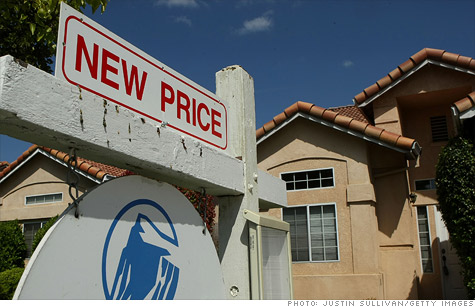The first rule of successful prognostication is never to mention a number and a time in the same sentence.

Bloomberg NewsWells Fargo writes one in three U.S. mortgages and saw $2.62 billion in net gains on mortgage originations and sales in the first quarter.
Economists at the Mortgage Bankers Association haven’t taken the easy way out though. With homeowners chasing fresh lows in mortgage rates, last week the trade group increased its estimate for 2012 refinancing activity to $870 billion.
That is $200 billion more than its previous estimate and is more than twice its $400 billion forecast of last summer. Wednesday’s report on weekly refinancing activity is expected to underpin this with a fourth, consecutive rise; activity increased 5.6% last week on a seasonally adjusted, weekly basis.
This year’s torrid refinancing activity is translating into big profits for some banks, but the connection isn’t as direct as it seems. With many borrowers unable to meet stricter lending standards, activity is just half of that seen during the housing boom’s heyday.
![[AOT]](http://si.wsj.net/public/resources/images/MI-BP263_AOT_NS_20120529174504.jpg)
But it is more profitable. That is because banks’ “gain on sale” for each mortgage is far higher—a swing of some $3,000 on a typical loan, estimates Guy Cecala of Inside Mortgage Finance. “Since 2008, we’ve had a lack of real competition in the mortgage market,” he says.
Wells Fargo WFC -4.91% & Co. is an example. It writes one in three U.S. mortgages and saw $2.62 billion in net gains on mortgage originations and sales in the first quarter. That was up 127% from a year earlier and equaled a big chunk of its $4.25 billion in first-quarter net income.
The upshot for borrowers is that, while rates are near record lows for those with good credit, they could be even lower.
Chalk that up to banks that see no need to chase customers. And why add capacity now? Just months ago, banks’ own experts were telling them that average rates for 30-year fixed mortgages would be 5% in 2012 and that business volume would be half of today’s level.
For what it is worth, the MBA’s prediction is for a 60% drop next year in refinancing. If it is finally right, it means that banks’ mortgage profits will shrink. But, should it be because rates rise and not just that the pool of eligible refinancing candidates shrinks further, borrowers waiting to pounce on that lower rate shouldn’t dawdle.
Spencer Jakab at spencer.jakab@wsj.com

© 2013 The Peral Group